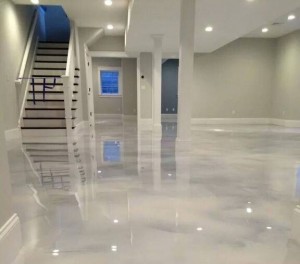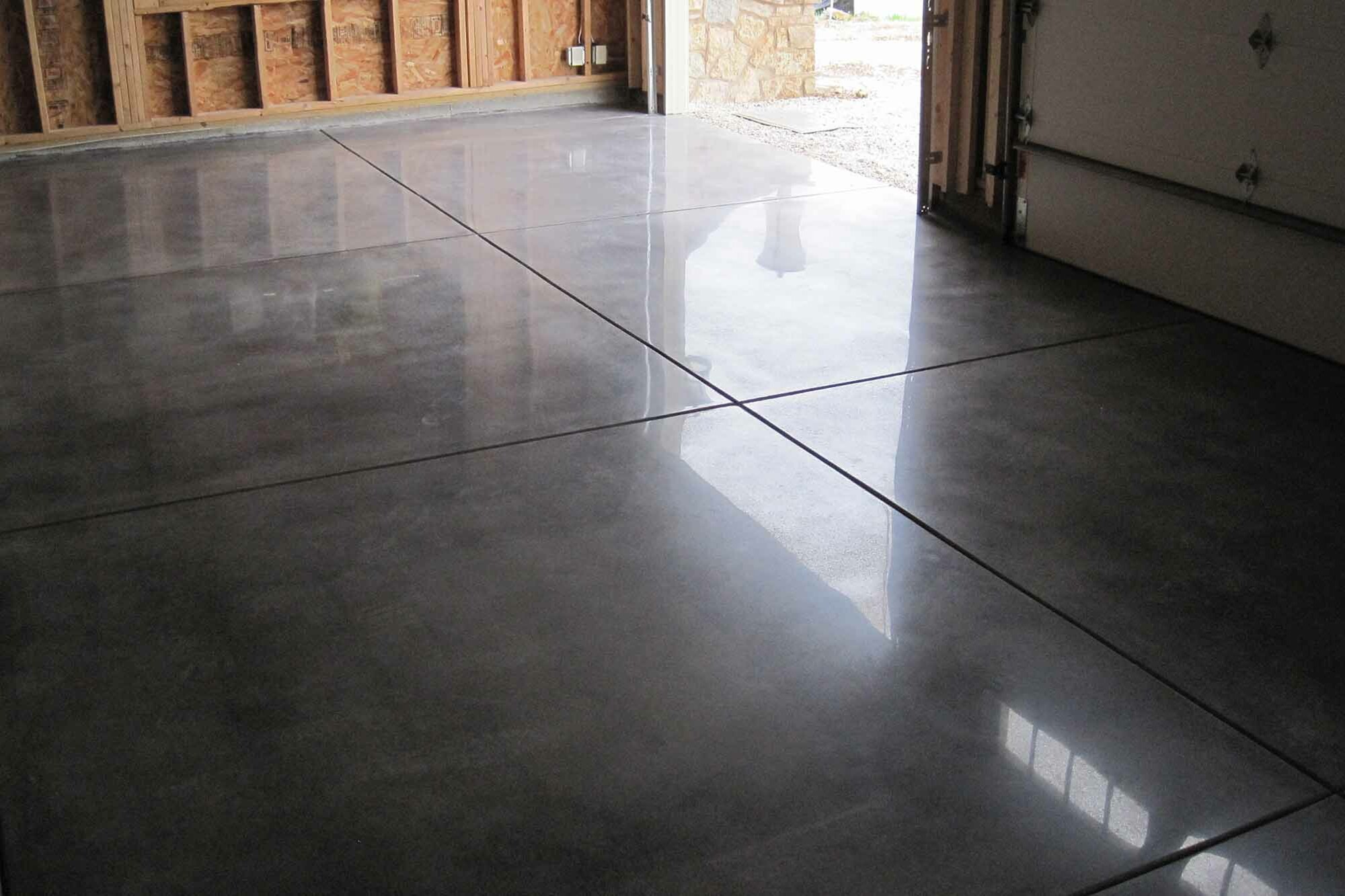Stained Concrete Applications That Bring a Modern Look to Any Room
Stained Concrete Applications That Bring a Modern Look to Any Room
Blog Article
Why Local Stained Floor Covering Is the Perfect Choice for Sustainable Home Improvement
In the world of lasting home renovation, local tarnished floor covering has actually emerged as a popular choice among environmentally mindful homeowners. As an economical financial investment with minimized maintenance demands, it elevates a provocative question: could this be the perfect solution for lasting housing?
Comprehending the Concept of Local Discolored Flooring
While the notion might appear unique to some, regional discolored flooring is a cutting-edge approach to home improvement that combines aesthetic appeals, sturdiness, and sustainability. The term describes using locally sourced wood that is tarnished to achieve an unique aesthetic appeal. The discoloration process not only boosts the natural charm of the timber grain however likewise adds a layer of security, increasing the durability of the floor covering. This approach is taken into consideration sustainable as it reduces the requirement for transportation of basic materials from remote areas, hence reducing carbon footprints. Making use of local wood species commonly sustains local economies and promotes accountable forest monitoring techniques. This principle, consequently, supplies house owners an environmentally responsible selection without endangering visual allure or longevity.
The Looks of Regional Discolored Floor Covering
Why is regional tarnished flooring gaining appeal for its visual appeals? Local tarnished floor covering uses a varied range of patterns and shades, reflecting the all-natural elegance and variations of the local timber species used. Ultimately, the appeal of neighborhood discolored floor covering lies in its capability to change homes right into distinctive, visually appealing spaces while promoting sustainability.
Ecological Effects of Neighborhood Tarnished Floor Covering
The ecological ramifications of local discolored floor covering incorporate two considerable variables: decreasing carbon footprint and waste reduction advantages. Utilizing in your area sourced materials for staining not only diminishes transportation discharges, but also advertises lasting forestry practices. The waste minimization facet comes into play as these floor covering kinds typically have a longer lifespan, minimizing the regular need for replacements and the waste linked with it.
Lowering Carbon Impact
As homeowners transform to more sustainable alternatives, regional stained flooring becomes a sensible solution to reduce carbon impact. This type of floor covering largely makes use of locally sourced products, which substantially minimizes the demand for transportation. Consequently, this minimizes emissions related to products transportation, contributing to lower degrees of greenhouse gases in the environment. Additionally, the procedure of staining the flooring, instead of utilizing synthetic coverings, includes less chemicals and much less energy-intensive treatments. This results in a decline in carbon exhausts throughout the manufacturing procedure. Selecting local tarnished flooring demonstrates an effective measure in advertising ecological sustainability, highlighting a concrete method house owners can add to combating climate change from the convenience of their own homes.
Waste Reduction Benefits
Although often neglected, waste reduction is an additional significant advantage of neighborhood stained floor covering. By selecting this option, homeowners aid minimize the mass of waste headed to landfills. This floor covering type, normally sourced from local wood, can be restored, redecorated, and reused, including in its long life. Unlike synthetic floor covering, it does not add to the growth of non-biodegradable waste. In addition, the staining procedure uses less resources and creates much less waste compared to making new flooring products. Furthermore, any kind of waste created throughout the staining procedure is biodegradable and normally organic, mitigating environmental damage. The option of neighborhood stained flooring not only beautifies homes however likewise underpins a dedication to lasting living and waste decrease.
The Longevity and Upkeep of Local Stained Floor Covering

The Cost-Effectiveness of Local Tarnished Flooring
While regional discolored floor covering might at first appear extra costly than other choices such as carpet or laminate, its durability and longevity quickly turn it into an economical choice. The upfront price is commonly countered by the decrease in upkeep expenses in time. Unlike carpetings that require regular deep cleansing or laminate that may call for substitute after a couple of years, stained floors are developed to last, reducing the requirement for pricey repair services or substitute. Local sourcing of products reduces transportation costs, contributing to both economic cost savings and a reduced carbon impact. For property owners seeking a sustainable, economical solution for their floor covering requires, local stained floor covering arises as a premium, lasting financial investment that repays with time.

Real Life Instances of Sustainable Homes With Neighborhood Discolored Flooring
In the realm of sustainable home improvement, neighborhood stained floor covering has become a prominent option. To better highlight its advantages, a number of reality examples of eco-friendly homes that have actually successfully incorporated this floor covering strategy will be highlighted. These study supply substantial proof of the benefits and effect of making use of local discolored floor covering in sustainable homes.

Showcase: Eco-Friendly Floor Covering Homes
Checking the globe, one can find numerous homes that embody the idea of environmentally friendly living through the usage of neighborhood tarnished floor covering. Across oceans in copyright, a modern home showcases its abundant, maple-stained flooring, a testament to the abundant regional timber supply (Local Stained Concrete). These homes not only display the visual adaptability of neighborhood stained flooring but likewise its contribution to a much more lasting way of living.
Neighborhood Discolored Flooring Advantages
The undeniable appeal of local discolored flooring expands past its visual appeal, as it also uses substantial advantages to both house owners and the environment. Another example is a green-certified home in Austin, Texas, where locally sourced walnut was tarnished and used for floor covering, contributing to the home's LEED qualification.
Verdict
To conclude, neighborhood tarnished floor covering is a sustainable and feasible choice important source for home improvement. This option look at this website supports neighborhood economic situations, minimizes ecological effect, and enhances home aesthetics. Its durability makes certain durability, reducing upkeep prices in the future. With its distinct blend of environmental, aesthetic and affordable benefits, regional discolored flooring is a clear selection for house owners seeking a lasting, affordable and visually attractive home improvement solution.
In the world of lasting home renovation, local stained flooring has emerged as a prominent selection amongst environmentally aware homeowners. Local tarnished floor covering provides a diverse array of colors and patterns, mirroring the all-natural appeal and variations of the local wood species used. The option of regional tarnished flooring not only beautifies homes however additionally underpins a commitment to sustainable living and waste reduction.
For homeowners looking for a sustainable, affordable service for their flooring requires, neighborhood tarnished floor covering arises as a superior, long-term investment that pays off over time. Commercial Stained Concrete Floors.
With its special blend of environmental, aesthetic and economical advantages, local discolored flooring is a clear option for property owners seeking a lasting, visually enticing and cost-effective home enhancement option.
Report this page